Internet in Kashmir: Can VPNs be completely blocked?

Srinagar, J&K, January 30, 2020 —
After the authorities in J&K decided to restore restricted mobile internet access, people especially the youth started virtually hunting for Virtual Private Network (VPN) applications so as to defy the ban on social media. Now, mobile operators and broadband internet service providers are trying to block the VPNs altogether.
In the newly carved Union Territory, the decision to restore 2G mobile internet on 301 ‘white-listed’ websites/applications came after the Apex Court on January 10 ruled indefinite internet ban as illegal. As soon as the 2G internet was restored on January 25, mobile users were left fumed not only because the speed was low but also due to limited access.
Only 153 websites were white-listed by the authorities in the beginning. But after some days, the list was extended to 301 wherein news websites were also included. However, the decision was flawed in at least two ways. The rational approach would have been to ‘black-list’ certain sites/apps instead of ‘white-listing’ some and barring access to 1.5 billion websites on the web. Also, the insistence to block websites especially social media does not go well as far as net neutrality is concerned.
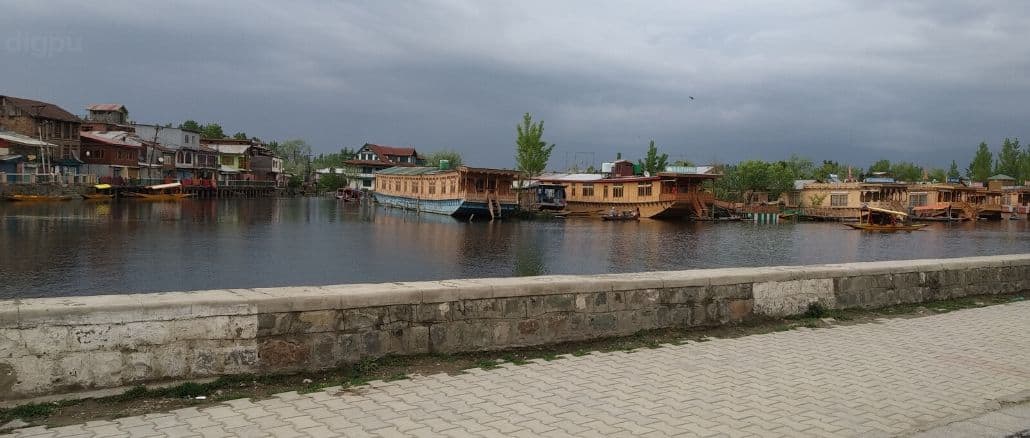
Mechanisms for establishing rules ensuring Net neutrality in India are at present mainly enforced by the Telecom Regulatory Authority of India (TRAI). At present, there are no constitutional provisions for establishing Net Neutrality by any legislative or judicial body.
On July 12 2018, rules favouring Net neutrality came into effect. These rules barred any form of data discrimination. Internet service providers which violate these rules may have their licenses cancelled. The rules make an exception for “critical IoT services” or “specialized services” such as autonomous vehicles and remote surgery operations. Notwithstanding the restrictions, people in the Valley resorted to the use of VPN applications.
The authorities eventually realized that barring access to a few websites and keeping the rest accessible is the appropriate solution. The administration is now reportedly formulating a new list (blacklist) of websites which cannot be accessed so as to keep the rest of the sites accessible. Meanwhile, service providers are presently facing difficulties in ensuring restricted access to subscribers. They have been directed to strengthen their firewalls in order to block the VPNs, sources say.
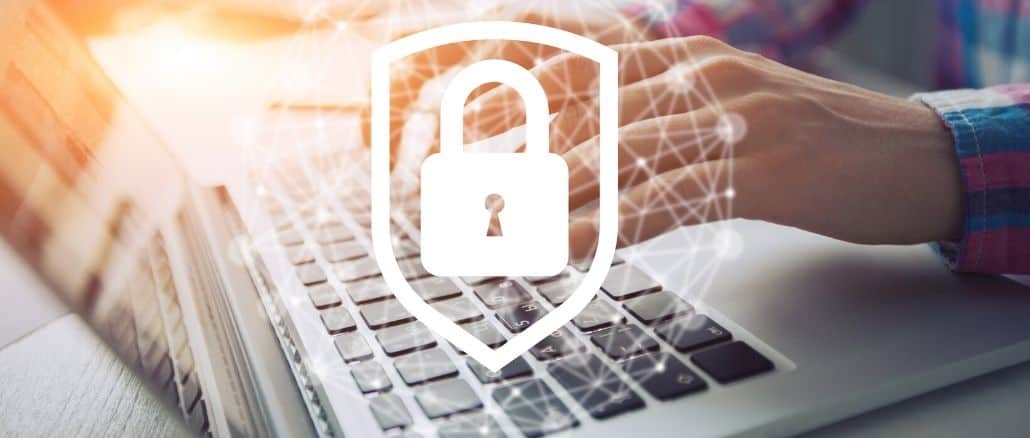
Given the instant widespread popularity of VPNs in the region, it is in place to mention that the VPN use has two sides. It does allow access to restricted content but at the same time, users private data is also at risk. “VPNs have many implementations. While it may be possible to block several particular implementations but barring all of them seems to be a herculean task,” says an IT Specialist on the condition of anonymity. He adds, “There are ways in which certain VPNs could be rendered useless but blocking VPNs altogether is almost impossible. China has also tried it but couldn’t accomplish a complete blockade.”
“The authorities could block access to search engines like Google so that people can’t search for VPNs but that also is not possible. Search engines aren’t used for that one purpose only,” Danish, an IT professional says while letting out a soft chuckle. Meanwhile, officials are also tight-lipped on the further course of action regarding internet access in the Valley but a review meeting is slated to take place on 31 January wherein a decision could be taken.
The resumption of broadband internet services has also been ordered. The restoration, however, is expected to take a few days as service providers have again been tasked to restrict access to social media. It is pertinent to mention that the administration snapped all forms of communication and internet services on August 05, 2019, following the abrogation of special status to J&K.
The government then resumed landline phone services in the last week of September; post-paid mobile phones on October 14, 2019; and prepaid connections in January following a Supreme Court order regarding internet suspension in J&K.
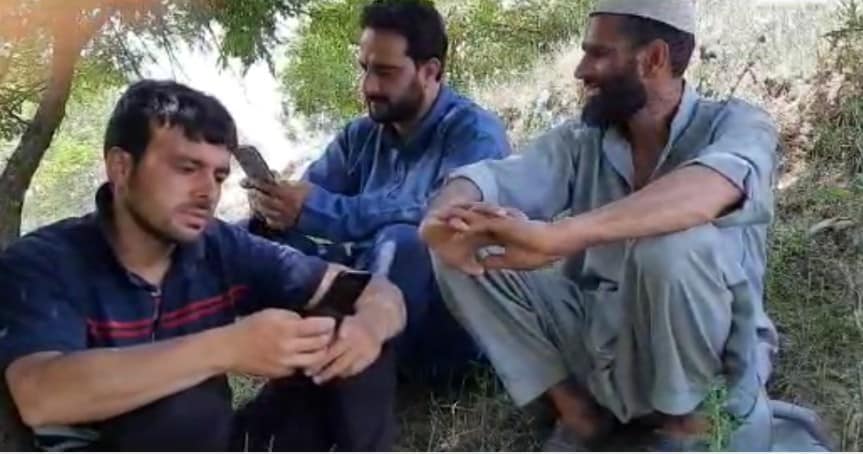
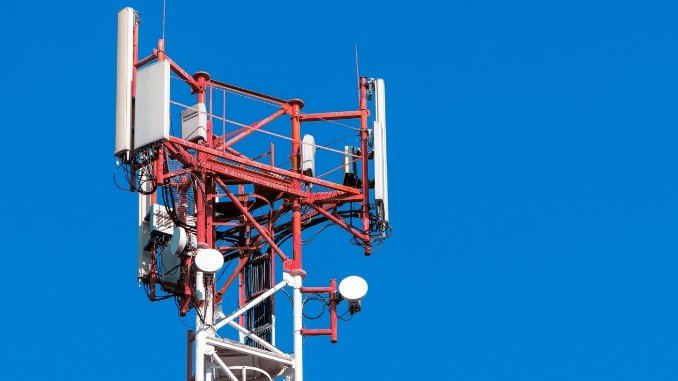
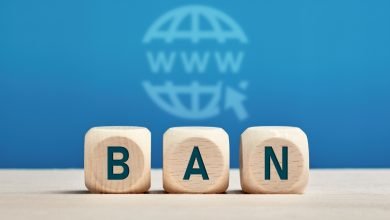
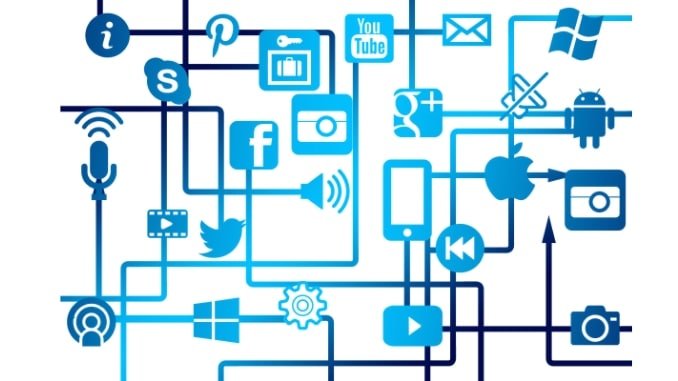




Being democratic country you shouldn’t even think about blocking access to internet, as internet is the only way to express, your secular and democratic document of Constitution guarantess ‘right of expression’,,,, hey India don’t behave like hitler!